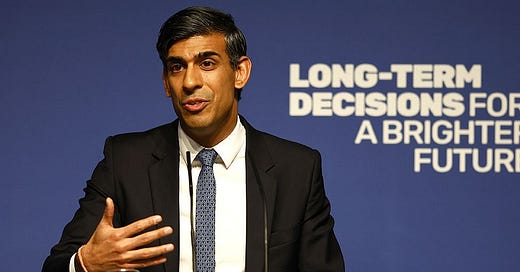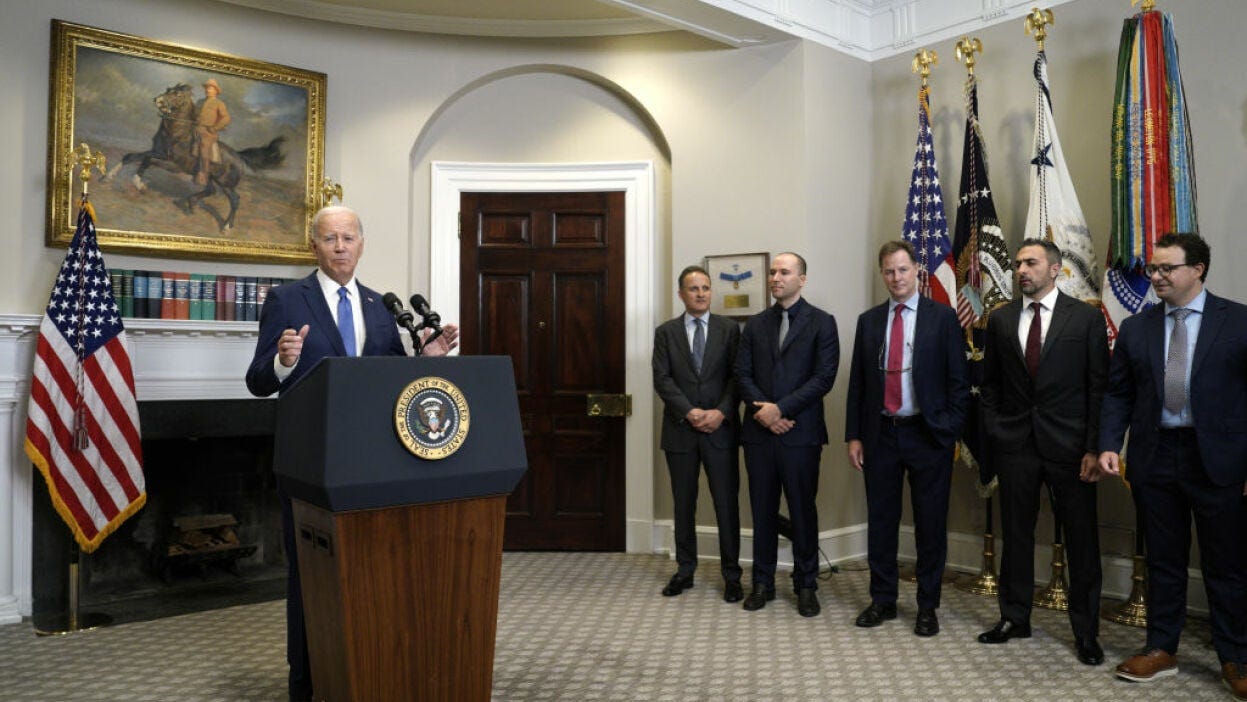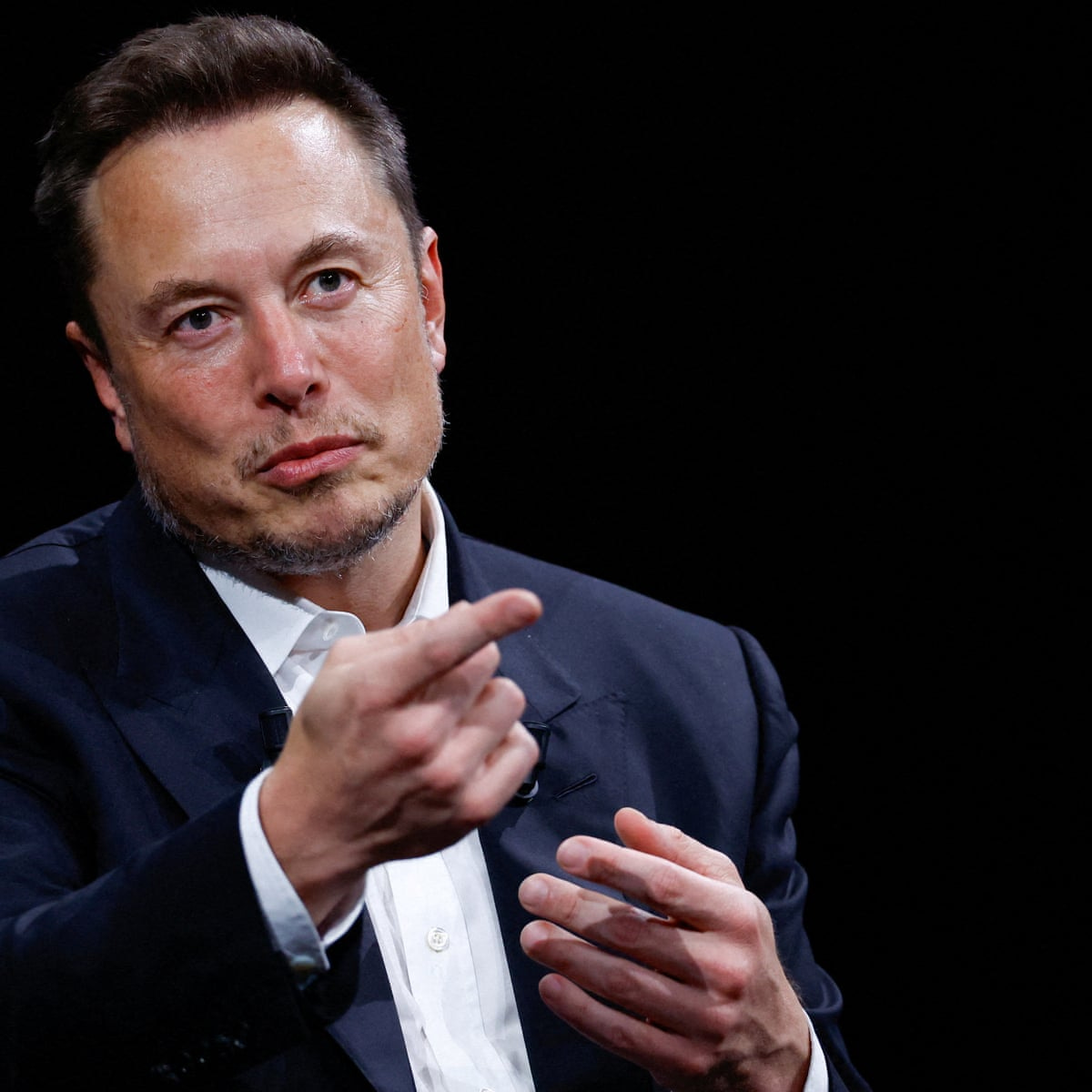28-Nation International Agreement Marks Opening of UK AI Safety Summit
Agreement Paves the Way for Responsible AI: Highlights from the UK AI Safety Summit.
Inaugural Highs at the UK AI Summit
The UK AI Safety Summit made an impactful start today at the historic Bletchley Park, a venue deeply tied to the birth of digital innovation and code-breaking during World War II. The event caught immediate global attention with the unveiling of the 'Bletchley Declaration,' a groundbreaking international accord backed by 28 nations, including the United States, the European Union, India, and China.
UK Prime Minister Rishi Sunak and King Charles both underscored the crucial nature of this landmark agreement. Sunak heralded it as an urgent step towards responsible management of artificial intelligence (AI), while King Charles, in a pre-recorded statement, equated the rise of advanced AI to the "discovery of electricity," calling for immediate collective action.
28-Nation Accord: A Milestone in AI Governance
This 28-nation accord signifies one of the first major multilateral agreements focusing on AI safety and comes at a critical juncture, given escalating global concerns over the ethical and safety ramifications of AI technologies. The broad international consensus around the Bletchley Declaration not only sets the stage for global governance in AI but also bolsters the UK's role as a leader in digital innovation, particularly in a post-Brexit context where domestic approval ratings for the Prime Minister have been less than stellar. The declaration acts as both a testament to the subject's urgency and a diplomatic achievement, laying a strong foundation for the collaborative discussions scheduled for the remainder of the two-day summit.
U.S. Takes a Lead, Not a Backseat
Although the Bletchley Declaration has captured international consensus, the United States is by no means playing a secondary role in this global initiative. Just days before the UK summit, President Biden signed a comprehensive Executive Order on AI in Washington, D.C., setting the stage for a renewed commitment to AI governance1. This domestic policy initiative was bolstered by a "voluntary pledge" from the top 15 U.S. tech giants, underlining America's resolve to be a frontrunner in shaping the ethics and regulations around AI. Adding weight to the U.S. stance, Vice President Harris, in a separate event at the U.S. Embassy in London, called for a more inclusive approach to understanding and mitigating AI risks. Her call extends the dialogue beyond just the catastrophic implications of AI, to encompass what she termed "immediate existential threats." She is scheduled to join the conference on Thursday, underscoring the U.S.'s active engagement and leadership in global AI safety discussions.
Countering Doomsday Scenarios
Tesla and SpaceX owner Elon Musk presented a somewhat dystopian view, cautioning that AI, if mismanaged, could lead to humanity's extinction. His remarks were made against the backdrop of more immediate concerns, such as job displacement and entrenched biases in AI systems. Musk's warnings, however, were not universally accepted. Nick Clegg, the president of global affairs at Meta and former deputy prime minister of the UK, emphasised the need to focus on immediate challenges rather than speculative future threats.
India's Strategic Involvement
Rajeev Chandrasekhar, India's Minister of State for Electronics and Information Technology, marked India's presence at the summit, echoing the global call for ethical and safe AI governance. With a massive skilled workforce in the technology sector, including specialisation in cutting-edge AI technologies, India's stake in this dialogue extends beyond mere compliance with safety standards. The country is also keenly attuned to the evolving skill sets that AI development and deployment will necessitate for its workforce. As a result, India's engagement in the summit represents a multi-faceted approach aimed at ensuring both the secure advancement of AI technologies and the preparedness of its human capital for future challenges.
The China Equation
China's involvement in the Bletchley Declaration is not just noteworthy but pivotal, considering the existing geopolitical tensions and growing scepticism from Western countries, particularly the United States. The presence of Vice Minister Wu Zhaohui, advocating for an "open spirit in AI" and "global collaboration," is indicative of China's willingness to be a part of an international framework on AI safety. Despite criticisms from some quarters within UK Prime Minister Rishi Sunak's Conservative Party, the consensus seems to be that a genuinely international initiative on AI safety would be incomplete without China's inclusion. This sentiment is accentuated by the fact that the Biden Administration had earlier tightened export norms for high-speed, high-capacity chips to China from companies like Nvidia. Thus, China's participation can be viewed as a significant diplomatic accomplishment, underlining the need for a multi-polar and inclusive approach to governing AI technologies.
Future Endeavours
Michelle Donelan, the UK Technology Secretary, announced that South Korea would host virtually the next summit in six months, followed by an in-person event in France. Additionally, the U.S. disclosed its plans to launch its own AI Safety Institute, indicating sustained international interest in this critical subject.
Sunak on AI Oversight: "AI firms cannot 'mark their own homework'"
Prime Minister Rishi Sunak, in an interview with the BBC on the sidelines of the summit, emphasised that monitoring the risks of artificial intelligence (AI) should not be exclusively entrusted to major tech companies, asserting that AI firms cannot "mark their own homework". Highlighting the potential dangers, which could encompass privacy breaches, cyberattacks, and job displacements, Sunak voiced concerns about AI's vast but still unpredictable capabilities. He described AI as a "transformative technology", underscoring its potential benefits in sectors like the NHS and education.
However, he advocated for governmental and external oversight in AI testing to ensure the safety of citizens. Sunak also revealed that many AI companies had granted the UK access to their models prior to their official releases. Additionally, he highlighted the UK's significant investment in AI risk management, with £100 million dedicated to a task force set to evolve into a Safety Institute, aiming to attract leading global researchers. In a notable upcoming event, Elon Musk is scheduled to have a live interview with Rishi Sunak, further spotlighting the global significance of AI safety discussions.
Analysis: The Path Ahead
The international consensus achieved at the summit is undoubtedly a crucial first step in governing a rapidly evolving technology. But it also revealed contrasting views on immediate versus long-term ethical challenges. AI governance is undoubtedly "a common task faced by humanity," necessitating a multi-dimensional approach that can only be achieved through global collaboration and robust debate.
While the Bletchley Declaration serves as a foundational cornerstone, it is not a cure-all solution. The international community must sustain this momentum to ensure that AI is developed and deployed in a manner that prioritises human-centric, trustworthy, and responsible governance.
In Summary
The UK AI Safety Summit has set a high bar for future discussions and actions concerning AI safety and governance. Though this event has marked significant progress, it is evident that the real work has only just commenced. The international community must now focus on maintaining this collective resolve to navigate the intricate landscape of AI safety and ethics responsibly.
Stay Updated: Subscribe for Free
If you've come across this article through a forwarded email, consider subscribing directly. It's complimentary, and our freshly published articles will be quietly delivered straight to your email inbox.
Biden's Landmark Executive Order on AI: A Template for Global Governance?
Executive Order Signed U.S. President Joe Biden today signed an Executive Order, marking a pivotal moment in the governance and ethical use of artificial intelligence (AI) within federal agencies and beyond. Building upon voluntary commitments from 15 major technology firms earlier this September, this landmark directive aims to facilitate the seamless i…









